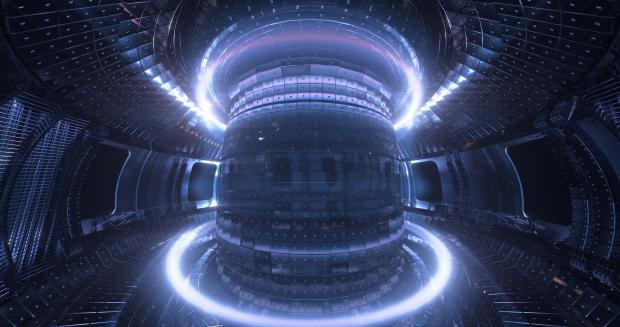
Breaking News
 No One Does It Like Johnny Carson | Mark Malkoff #470 | The Way I Heard It
No One Does It Like Johnny Carson | Mark Malkoff #470 | The Way I Heard It
 Webb is ready - the open source tool that will decode the Epstein files for EVERYONE
Webb is ready - the open source tool that will decode the Epstein files for EVERYONE
 Trump administration ending Minneapolis immigration Operation Metro Surge
Trump administration ending Minneapolis immigration Operation Metro Surge
 TUMBLER RIDGE MASSACRE: The Trans Shooter Media TRIED TO HIDE...
TUMBLER RIDGE MASSACRE: The Trans Shooter Media TRIED TO HIDE...
Top Tech News
 Drone-launching underwater drone hitches a ride on ship and sub hulls
Drone-launching underwater drone hitches a ride on ship and sub hulls
 Humanoid Robots Get "Brains" As Dual-Use Fears Mount
Humanoid Robots Get "Brains" As Dual-Use Fears Mount
 SpaceX Authorized to Increase High Speed Internet Download Speeds 5X Through 2026
SpaceX Authorized to Increase High Speed Internet Download Speeds 5X Through 2026
 Space AI is the Key to the Technological Singularity
Space AI is the Key to the Technological Singularity
 Velocitor X-1 eVTOL could be beating the traffic in just a year
Velocitor X-1 eVTOL could be beating the traffic in just a year
 Starlink smasher? China claims world's best high-powered microwave weapon
Starlink smasher? China claims world's best high-powered microwave weapon
 Wood scraps turn 'useless' desert sand into concrete
Wood scraps turn 'useless' desert sand into concrete
 Let's Do a Detailed Review of Zorin -- Is This Good for Ex-Windows Users?
Let's Do a Detailed Review of Zorin -- Is This Good for Ex-Windows Users?
 The World's First Sodium-Ion Battery EV Is A Winter Range Monster
The World's First Sodium-Ion Battery EV Is A Winter Range Monster
 China's CATL 5C Battery Breakthrough will Make Most Combustion Engine Vehicles OBSOLETE
China's CATL 5C Battery Breakthrough will Make Most Combustion Engine Vehicles OBSOLETE
Amazing Tech Developed by Private Firms Are on the Verge of Creating Nuclear Fusion...

While industries are harnessing solar, hydro, and geothermal power to solve the world's energy problems, it's been thought by many for sometime that the eventual source of unlimited clean energy will be nuclear fusion.
Fusion reactors replicate the power and process of the sun down here on Earth by creating plasma, the fourth material state, inside a controlled device that harnesses the heat given off as energy to be turned into electricity.
Now a pair of private firms, one near MIT, and another in England, are developing something that could be described as a "portable" fusion reactor, by utilizing super rare minerals and some of the most powerful magnets ever made.
If only the firms can solve a laundry list of some of the most complex technological problems imaginable, coal and oil could stay in the ground, there'd be no need to risk another Fukushima, the enormous inefficiencies with renewable energies could all be forgotten, and all those engineers and technologists could lend their talents to other areas of the economy.
"It's every engineer's dream really, to have a project that's technically challenging, which requires you to develop new technology and solutions to hard problems, but that are also simultaneously important for the world to have," Dr. Greg Brittles at Tokamak Energy, the UK firm developing a new fusion reactor, told the BBC.



